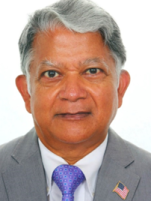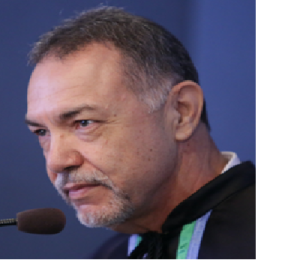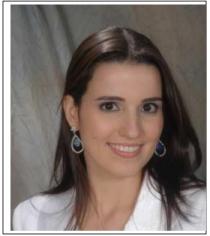3rd Edition of World Congress & Expo on Food Science, Obesity and Weight Management, Bali, Indonesia & Valencia, Spain
23-Mar-2026Welcome to Linkin Science

Linkin Science organizes a wide range of scientific events worldwide and thus evolving to be a hub for scientists, researchers, doctors, students, industries and delegates. We are dedicated to provide high quality online Journals, Conferences, events and information, through unparalleled speaking sessions, workshops and unique face-to-face networking opportunities. This Scientific Networking creates meaningful relationships with like-minded professionals that elevate the conference experie... Read More...
Upcoming News and Events
-

-

3rd Edition of the World Congress & Expo on Bioscience & Healthcare conference, Bali, Indonesia & Valencia, Spain
23-Mar-2026 -
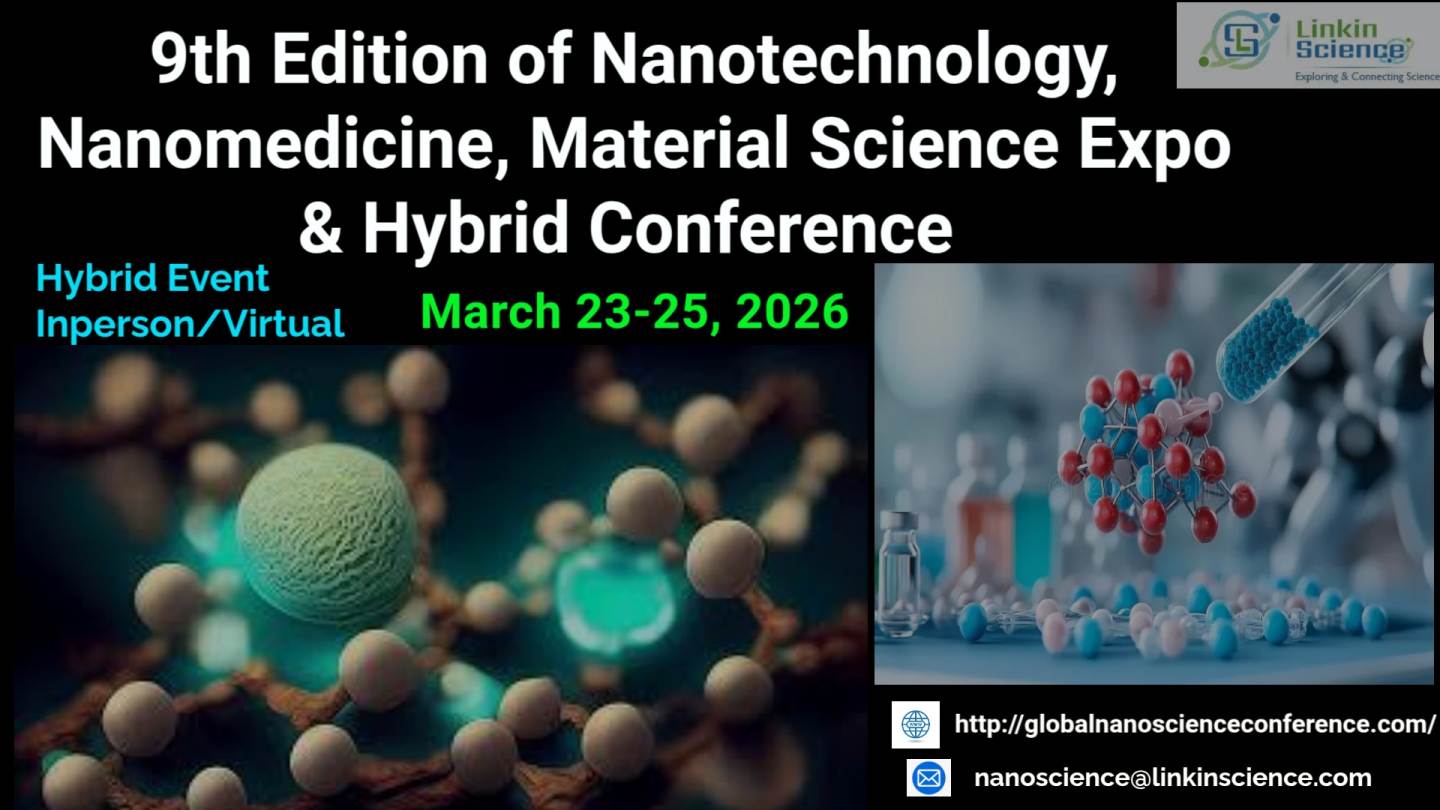
9th Edition of Nanotechnology, Nanomedicine and Material Science Hybrid Conference, Bali, Indonesia & Valencia, Spain
23-Mar-2026 -
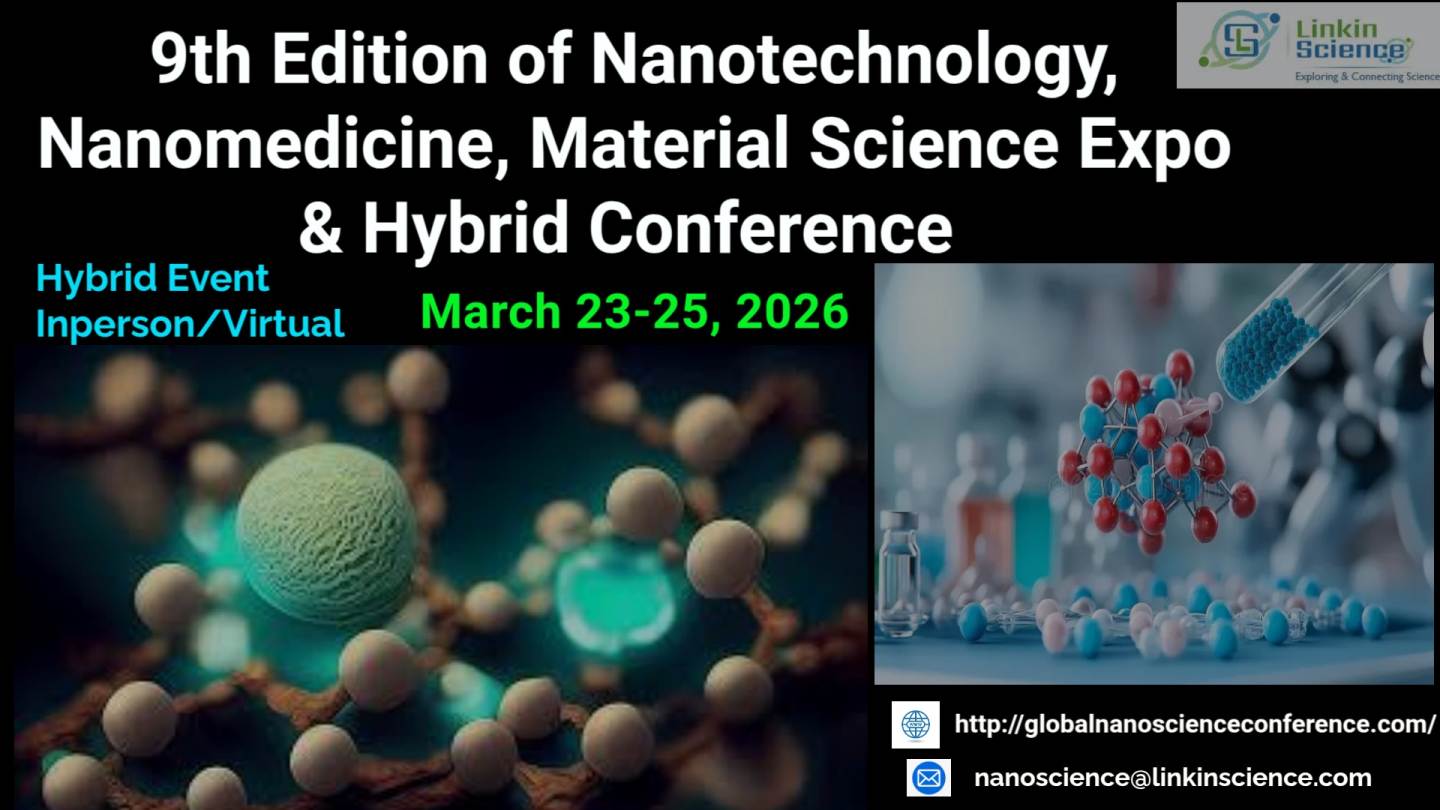
9th Edition of Nanotechnology, Nanomedicine and Material Science Hybrid Conference,
23-Mar-2026 -
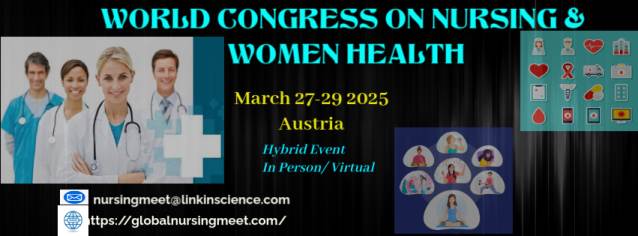
World congress on Nursing and Women Health Hybrid Conference.,
23-Mar-2024 -
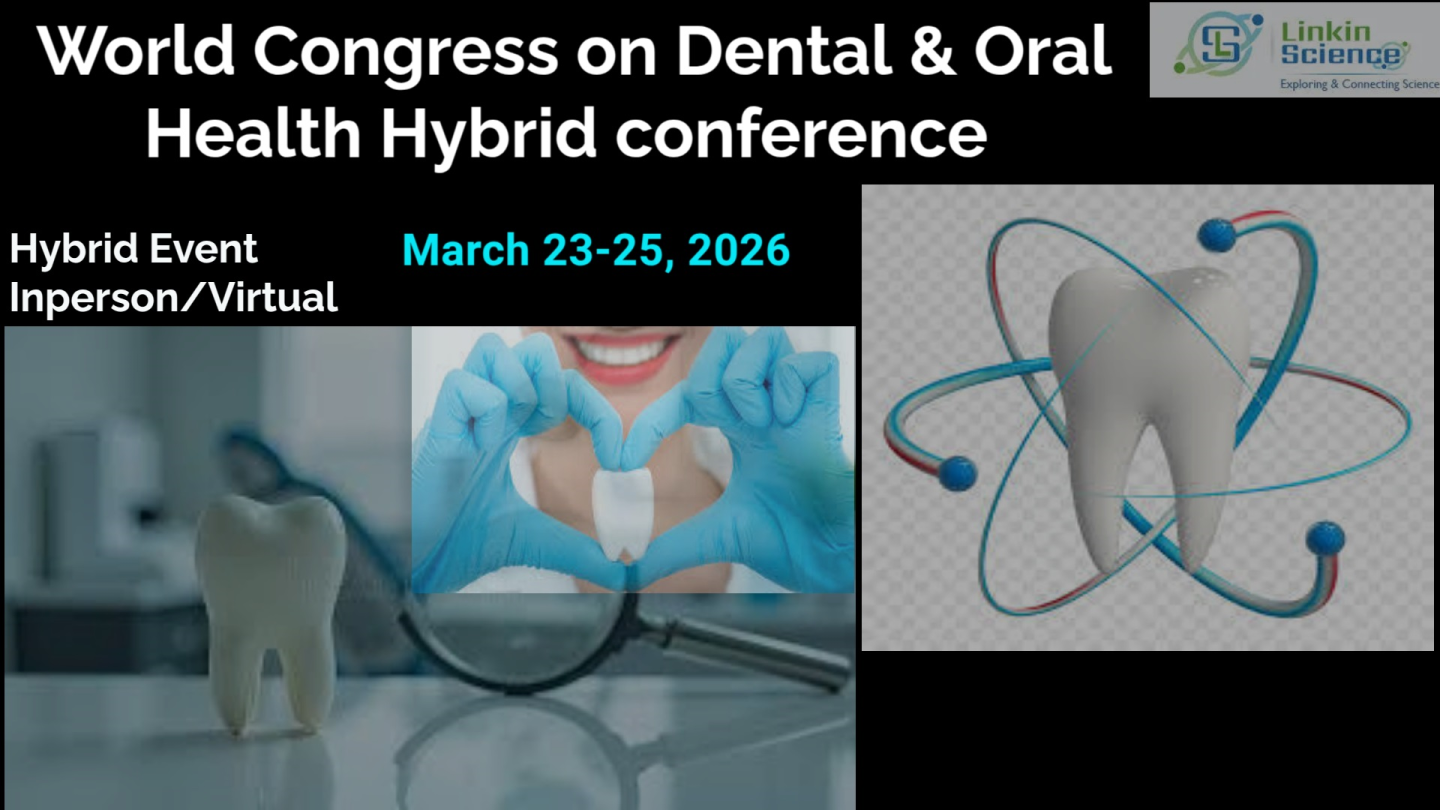
Global Summit & Expo on Dentistry & Oral Health Hybrid conference, Bali, Indonesia & Valencia, Spain
23-Mar-2026
- Goals of Events
- Learning Objectives
- Target Audience
Linkin Science Conferences often serve as platforms for experts, researchers, and professionals to share their latest findings, insights, and innovations in their respective fields. Also Facilitating opportunities for attendees to connect, network, and build professional relationships with peers, potential collaborators, and industry leaders. It is Providing attendees with opportunities for skill-building, learning new techniques, and staying updated on industry trends and best practices. Offering inspiring keynote speeches, panel discussions, and presentations to motivate attendees and stimulate creativity and innovation also, encouraging collaboration and fostering partnerships among individuals and organizations with shared interests or complementary expertise. It is also providing a platform for participants to showcase their work, projects, products, or services to a relevant audience, thereby increasing visibility and opportunities for recognition. Addressing challenges and exploring potential solutions through workshops, roundtable discussions, and interactive sessions. Conference Creating a sense of community among attendees by facilitating discussions, group activities, and social events to encourage interaction and camaraderie. Gathering feedback from participants to assess the effectiveness of the conference, identify areas for improvement, and inform future event planning. Promoting sponsors, exhibitors, and partners to enhance their visibility and generate leads, sales, or other desired outcomes.
Learning objectives for linkin science events are specific statements that outline what participants are expected to learn or achieve by attending the event. These objectives help guide the design of the event program and activities to ensure that they effectively address the learning needs of the participants. Here are some examples of learning objectives for events. Participants will explore innovative ideas, trends, and solutions that inspire creativity and innovation in their work or projects. Participants will learn about best practices, case studies, or success stories from industry leaders and experts, which they can adapt and implement in their own organizations or projects. Participants will develop cultural awareness and sensitivity by learning about diverse perspectives, practices, and traditions relevant to their field or global context. Participants will engage in self-reflection activities to assess their strengths, weaknesses, and areas for growth, with the aim of enhancing their personal and professional development. These learning objectives can be tailored to the specific goals and target audience of the event, ensuring that participants derive maximum value and benefit from their participation. Additionally, they can be incorporated into the event program through various formats, such as keynote speeches, workshops, panel discussions, interactive activities, and hands-on exercises
For a science conference, the target audience typically includes individuals involved in scientific research, academia, industry, and policy-making who have an interest or expertise in the specific scientific discipline or topic of the conference. Here's a breakdown of the target audience for a science conference:
Researchers and Scientists: This group comprises professionals actively engaged in scientific research, including scientists, academics, postdoctoral researchers, and graduate students. They attend conferences to present their work, share findings, and stay updated on the latest developments in their field.
Academic Community: Faculty members, professors, lecturers, and researchers from universities, colleges, and research institutions attend science conferences to network with peers, collaborate on research projects, and explore opportunities for academic advancement.
Industry Professionals: Scientists, engineers, technicians, and professionals working in industries related to the conference theme or scientific discipline may attend to learn about emerging technologies, trends, and innovations relevant to their field.
Students: Undergraduate and post graduate students pursuing degrees in science, technology, engineering, and mathematics fields often attend conferences to gain exposure to cutting-edge research, network with professionals, and explore potential career paths.
Nonprofit Organizations: Professionals from nonprofit organizations, foundations, and advocacy groups focused on scientific research, education, and public outreach may attend to network, collaborate, and discuss strategies for advancing their missions.
Science Educators: Teachers, educators, and curriculum developers interested in integrating the latest scientific discoveries and methodologies into their teaching practices may attend science conferences to access resources, attend workshops, and exchange best practices.
Industry Suppliers and Service Providers: Companies offering scientific equipment, laboratory supplies, software, and services may exhibit at science conferences to showcase their products, demonstrate new technologies, and connect with potential customers and partners.
Testimonials





